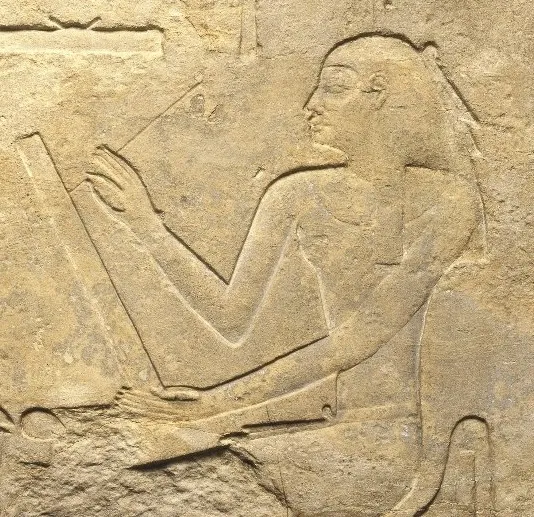yanomami.net – Throughout the annals of history, there have been countless individuals who have left their indelible mark on the world. Among these, a special group stands out: the scribes of history, the writers whose words have not only chronicled the events of their times but have also shaped the course of human civilization. These authors, through their narratives, have influenced the way we think, the way we govern, and the way we interact with one another. Their works have become the bedrock of our understanding of the past, the foundation of our present, and the blueprint for our future.
One of the earliest and most influential of these scribes was Herodotus, often referred to as the “Father of History.” His work, “The Histories,” chronicled the Greco-Persian Wars and provided a detailed account of the various cultures he encountered during his travels. Herodotus’s method of inquiry and storytelling laid the groundwork for the field of historiography, teaching future generations the importance of seeking out multiple perspectives and questioning received wisdom.
Another towering figure in the pantheon of historical writers is Thucydides, whose “History of the Peloponnesian War” is considered a masterpiece of political and military analysis. Thucydides’s rigorous approach to evidence and his deep insights into the nature of power and human nature have made his work a cornerstone of Western thought.
Moving forward in time, the works of Julius Caesar, particularly his “Commentarii de Bello Gallico” (Commentaries on the Gallic War), offer a unique glimpse into the mind of a military and political genius. Caesar’s clear and concise prose not only detailed his military campaigns but also served as a powerful tool of propaganda, cementing his legacy as one of Rome’s greatest leaders.
The Middle Ages brought forth a new breed of scribes, with figures like Marco Polo and Ibn Battuta chronicling their travels across the known world. Polo’s “The Travels of Marco Polo” introduced Europe to the wonders of the East, while Ibn Battuta’s “Rihla” provided a richly detailed account of Islamic societies. These works expanded the horizons of their readers, fostering a greater understanding of the diverse cultures that populated the globe.
The Renaissance saw a resurgence of interest in the classical world, with writers like Niccolò Machiavelli and Erasmus of Rotterdam shaping the intellectual landscape of their time. Machiavelli’s “The Prince” offered a pragmatic view of politics and power, while Erasmus’s “In Praise of Folly” critiqued the follies of human nature and society.
As the modern era dawned, writers such as Voltaire, Thomas Paine, and Mary Wollstonecraft used their pens as weapons in the fight for enlightenment, democracy, and gender equality. Voltaire’s satirical works exposed the absurdities of the French aristocracy, Paine’s “Common Sense” inspired the American colonies to declare independence, and Wollstonecraft’s “A Vindication of the Rights of Woman” laid the groundwork for modern feminism.
In the 19th and 20th centuries, the role of the writer as a shaper of history continued to evolve. Figures like Charles Dickens and Harriet Beecher Stowe used their novels to highlight social injustices, influencing public opinion on issues such as child labor and slavery. Meanwhile, philosophers and political theorists like Karl Marx, John Maynard Keynes, and Simone de Beauvoir provided the intellectual framework for major political and social movements of the 20th century.
The 21st century has seen the rise of a new generation of scribes, who use not only traditional forms of writing but also digital platforms to reach a global audience. Bloggers, journalists, and social media influencers now have the power to shape public discourse and influence the course of events in real-time.
The legacy of these scribes of history is a testament to the power of the written word. Their works remind us that history is not just a series of events that happen to us, but a story that we collectively write, day by day, word by word. As we continue to add our own chapters to this ongoing narrative, we would do well to remember the lessons of those who have gone before us, whose words have not only chronicled the past but have also illuminated the path to the future.
